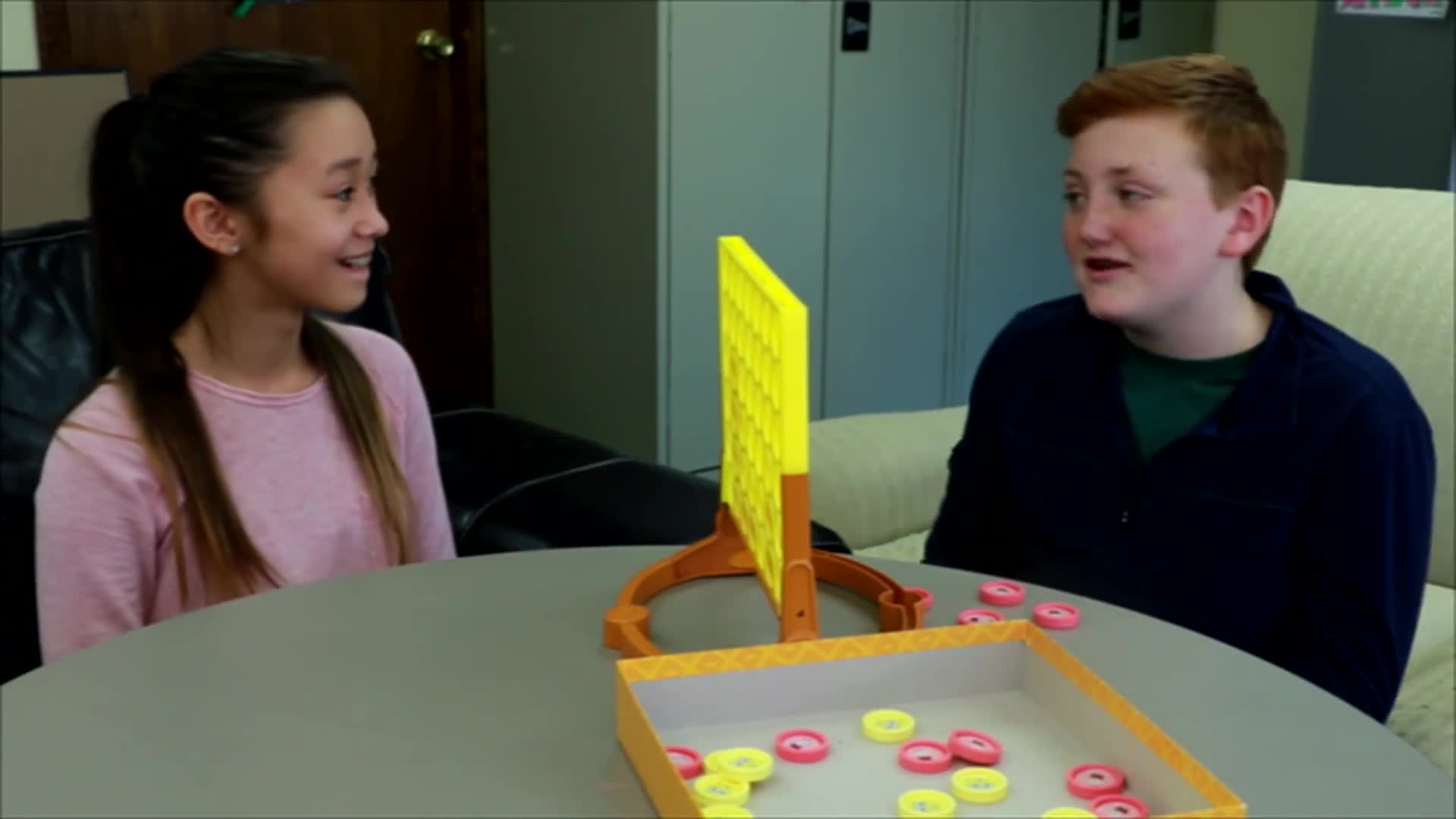
As educators, it is crucial to help students develop positive social skills that will enable them to interact effectively with their peers and navigate the complexities of life. One such skill is good sportsmanship, which is the ability to handle both winning and losing graciously, demonstrating respect and courtesy towards others.
In this blog post, we will explore a no-prep activity that teaches good sportsmanship, discuss relevant questions to stimulate further conversation, and offer related skills to enhance students’ social-emotional learning.
No-Prep Activity: Role-Playing Sportsmanship Scenarios
This simple activity encourages students to practice good sportsmanship in a variety of situations, without requiring any preparation or materials from the educator. Here’s how it works:
- Divide the students into small groups of 2-4.
- Assign each group a specific scenario that involves playing a game or participating in a competition. Some examples include playing a board game, participating in a school sports event, or engaging in a friendly debate.
- Have the students in each group take turns acting out the scenario, with one student playing the winner and another playing the loser.
- Encourage the students to demonstrate good sportsmanship by congratulating the winner, accepting defeat graciously, and offering to play again or engage in a different activity.
- After each group has had a chance to act out their scenario, bring the students together for a discussion about what they learned and how they can apply good sportsmanship in their daily lives.
Discussion Questions
Use these questions to guide a deeper conversation about good sportsmanship and its importance in social-emotional learning:
- Why is it important to be a good sport when participating in games or competitions?
- How does being a good sport help us build positive relationships with others?
- Can you think of a time when someone was not a good sport? How did that make you feel?
- What strategies can you use to stay calm and composed when you feel frustrated or disappointed about losing?
- How can we encourage and support our peers to practice good sportsmanship?
Related Skills
Good sportsmanship is just one of many essential social-emotional skills that students need to develop. Here are some related skills that can further enhance their ability to interact positively with others:
- Empathy: Understanding and sharing the feelings of others, which can help students be more compassionate and supportive in both winning and losing situations.
- Effective communication: Expressing oneself clearly and respectfully, which can prevent misunderstandings and promote positive interactions during games or competitions.
- Conflict resolution: Resolving disagreements and finding solutions that are fair and satisfying for all parties involved, which is crucial in maintaining positive relationships and fostering a healthy competitive environment.
- Resilience: Bouncing back from setbacks and disappointments, which enables students to continue participating in activities and striving for improvement, even when faced with challenges.
Next Steps
Teaching good sportsmanship is an essential step in fostering students’ social-emotional learning, helping them build positive relationships and navigate the complexities of life. To support your efforts in teaching this valuable skill, we invite you to sign up for free samples of our skill-based resources and explore other engaging activities and materials.
Together, we can empower students to become well-rounded individuals who can thrive in social situations and contribute positively to their communities.

